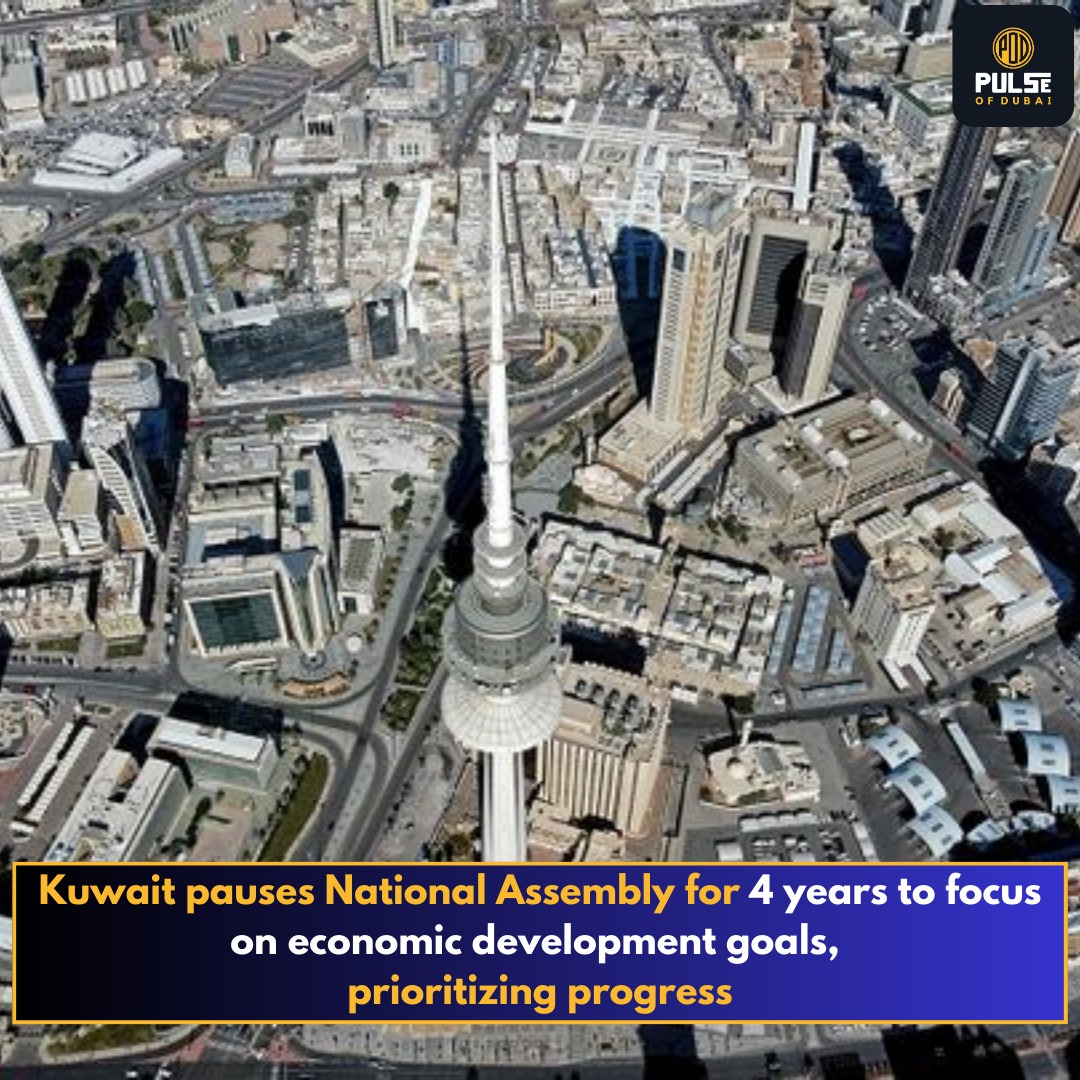Kuwait’s decision to pause the National Assembly for a period of four years reflects a strategic move aimed at prioritizing economic development goals and addressing key strategic priorities within the country. This unprecedented step underscores the government’s commitment to implementing comprehensive reforms and overcoming challenges hindering Kuwait’s progress.
The National Assembly, Kuwait’s legislative body, plays a crucial role in shaping the country’s policies and laws. However, in recent years, political gridlock and parliamentary disputes have hindered the swift implementation of reforms necessary for economic growth and development. By temporarily suspending parliamentary sessions, the government seeks to create a conducive environment for enacting crucial reforms without the constraints of political negotiations and legislative hurdles.
During this hiatus, the government intends to focus on advancing its economic development agenda, which includes diversifying the economy, attracting foreign investment, and promoting private sector participation. Kuwait, like many oil-dependent economies, recognizes the need to reduce its reliance on oil revenues and diversify its sources of income to ensure long-term sustainability and resilience against market fluctuations.
Additionally, the pause in the National Assembly allows the government to streamline decision-making processes and expedite the implementation of strategic initiatives. By bypassing the lengthy legislative procedures, the government can swiftly enact reforms and policies necessary for driving economic growth and addressing pressing challenges such as unemployment, infrastructure development, and bureaucratic inefficiencies.
Furthermore, the decision to suspend parliamentary sessions for four years provides the government with an extended timeframe to execute long-term development plans and projects. This enables continuity and stability in policymaking, allowing for the sustained pursuit of economic reforms and the realization of strategic objectives over an extended period.
While the suspension of the National Assembly may raise concerns about democratic governance and accountability, the government has assured that it remains committed to upholding the principles of democracy and respecting the will of the people. The decision to pause parliamentary activities is viewed as a temporary measure aimed at overcoming legislative obstacles and accelerating progress towards achieving Kuwait’s socio-economic aspirations.
In conclusion, Kuwait’s decision to pause the National Assembly for four years signifies a bold step towards prioritizing economic development goals and strategic priorities. By temporarily suspending parliamentary sessions, the government aims to overcome political gridlock, expedite reforms, and create an environment conducive to fostering sustainable economic growth and prosperity for the nation.









